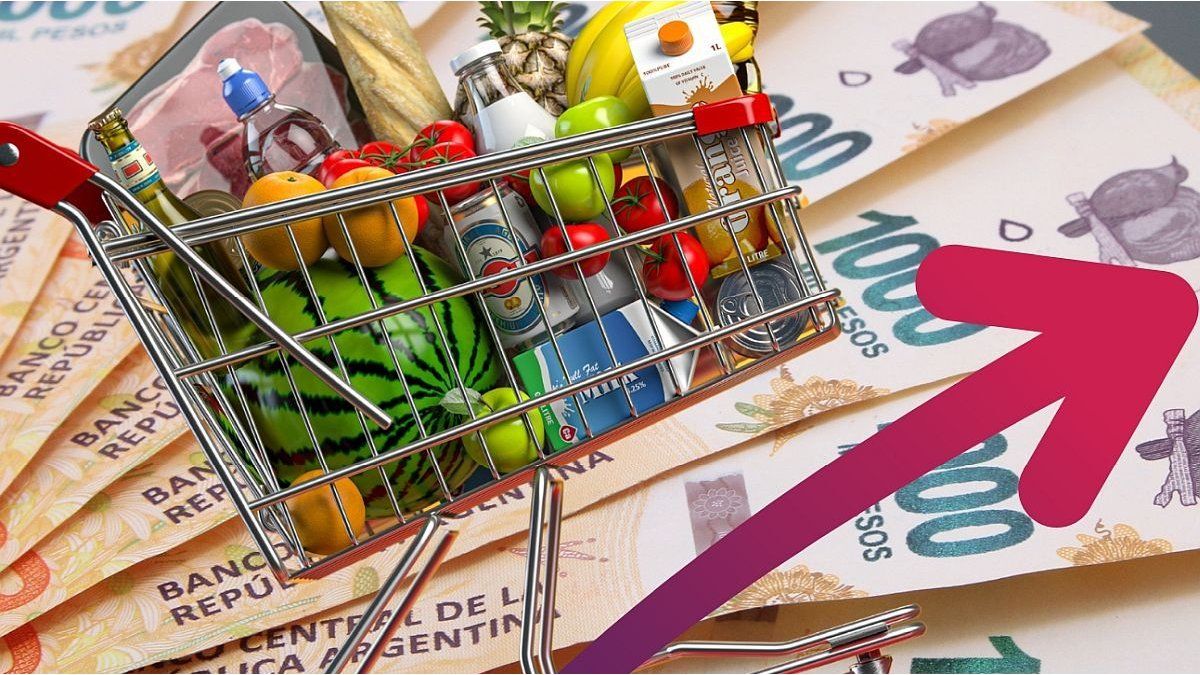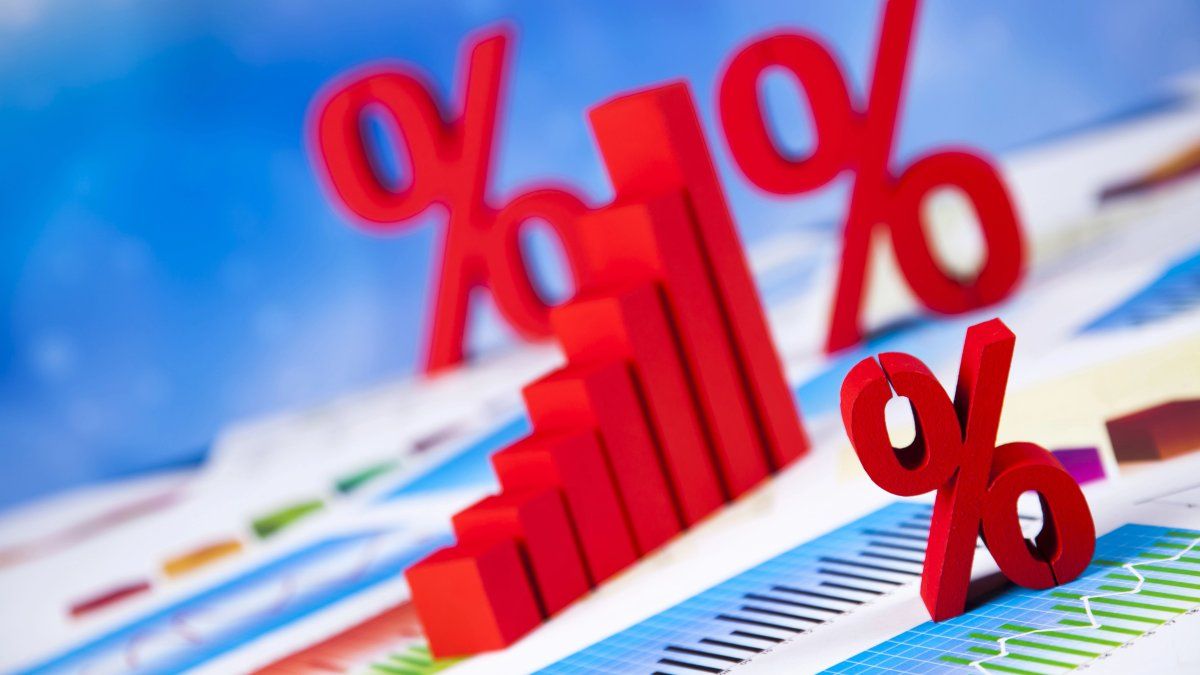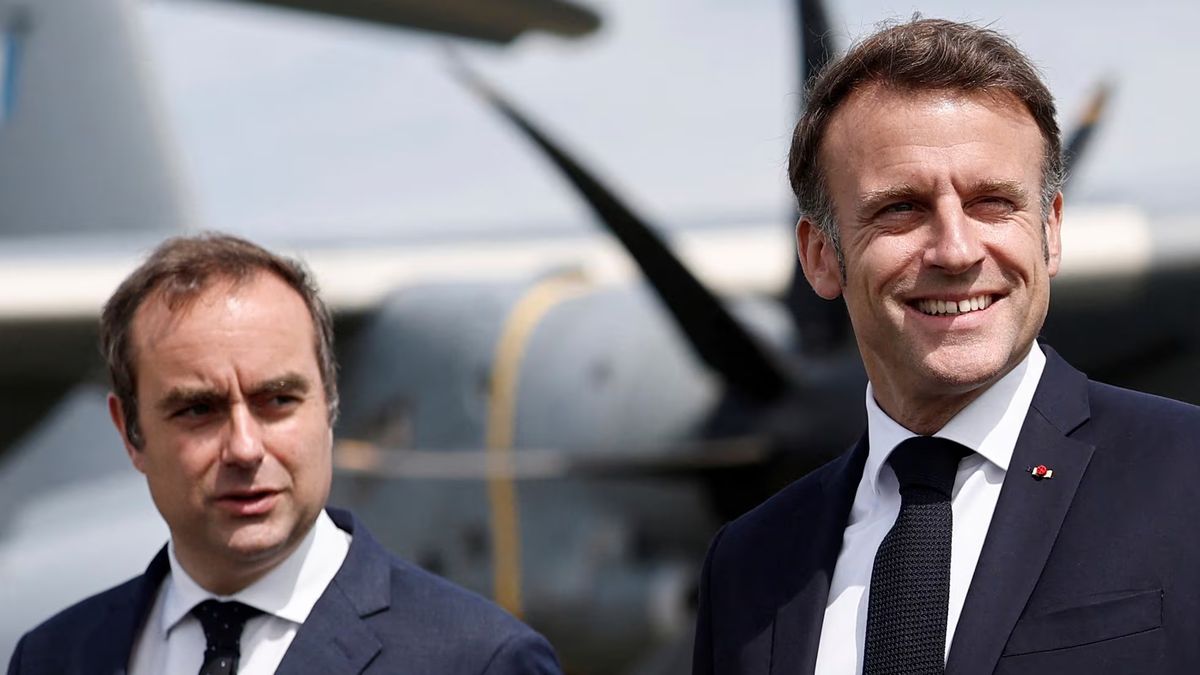Austria’s gas storage tanks are well filled, the repair process is a usual and announced process and for any emergencies one is in contact with large and small companies, he said in the “Ö1-Morgenjournal”. Annual consumption is 40 percent covered, which is high compared to other countries. In addition, Austria would also have other supplier countries than Russia, for example from the Caspian region, North Africa and Norway. Should a gas emergency occur, the companies are prepared and have a lead time of several days. Haber did not name which companies would receive the full amount of gas in an emergency, as this depended on many factors, such as the time of year.
Yesterday, the partly state-owned OMV also calmed down, but also announced a reduction in gas supplies via the Nord Stream Baltic Sea pipeline. The supply of the customers is not in danger. The Ministry of Climate Protection also sees no signs of a delivery stop, but is monitoring the situation, it said yesterday. In Europe, Germany, the Czech Republic, France and Italy are also affected by the delivery reduction.
The climate ministry said on Thursday: “We are monitoring the situation and are in close contact with OMV. (…) At the moment there are no signs of a delivery stop, but we are prepared for all scenarios.”
The Russian oil company Gazprom had already reduced gas deliveries through Nord Stream for two days this week, citing delays in the repair of gas compressors as the reason. The German Economics Minister Robert Habeck, on the other hand, sees a political motivation.
This is what a gas emergency plan could look like
Climate protection minister Leonore Gewessler (Greens) had recently remained vague as to what a gas emergency plan could look like. She described the procedure in the event of a gas emergency as follows: First, the situation is evaluated on the basis of five criteria. Then it is decided what reaction is needed – and if an energy control becomes necessary, it is decided how strongly you have to intervene. There are five criteria for this, but the basic rule is: “bread before steel.” It is also “logical” that one intervenes with the large consumers in the industry.
The energy expert Karl Rose also sees failings in the industry, which apparently did not take any major initiatives either. “You could have developed step catalogs on your own that show the consequences of a gas stop in 20 percent increments for the respective company. In order to accompany this with emergency plans, even if they say we will close on day 1. Then I at least have an estimate of the economic damage and the number of unemployed, etc.,” he said in the “Kleine Zeitung” (Friday edition).
He warns that Russia’s head of state, Vladimir Putin, could gradually tighten the thumbscrews for Europe. “He’s got a lot of tools at his disposal,” he said. He considers a doubling of the already very high energy prices to be realistic in the short term.
Source: Nachrichten




